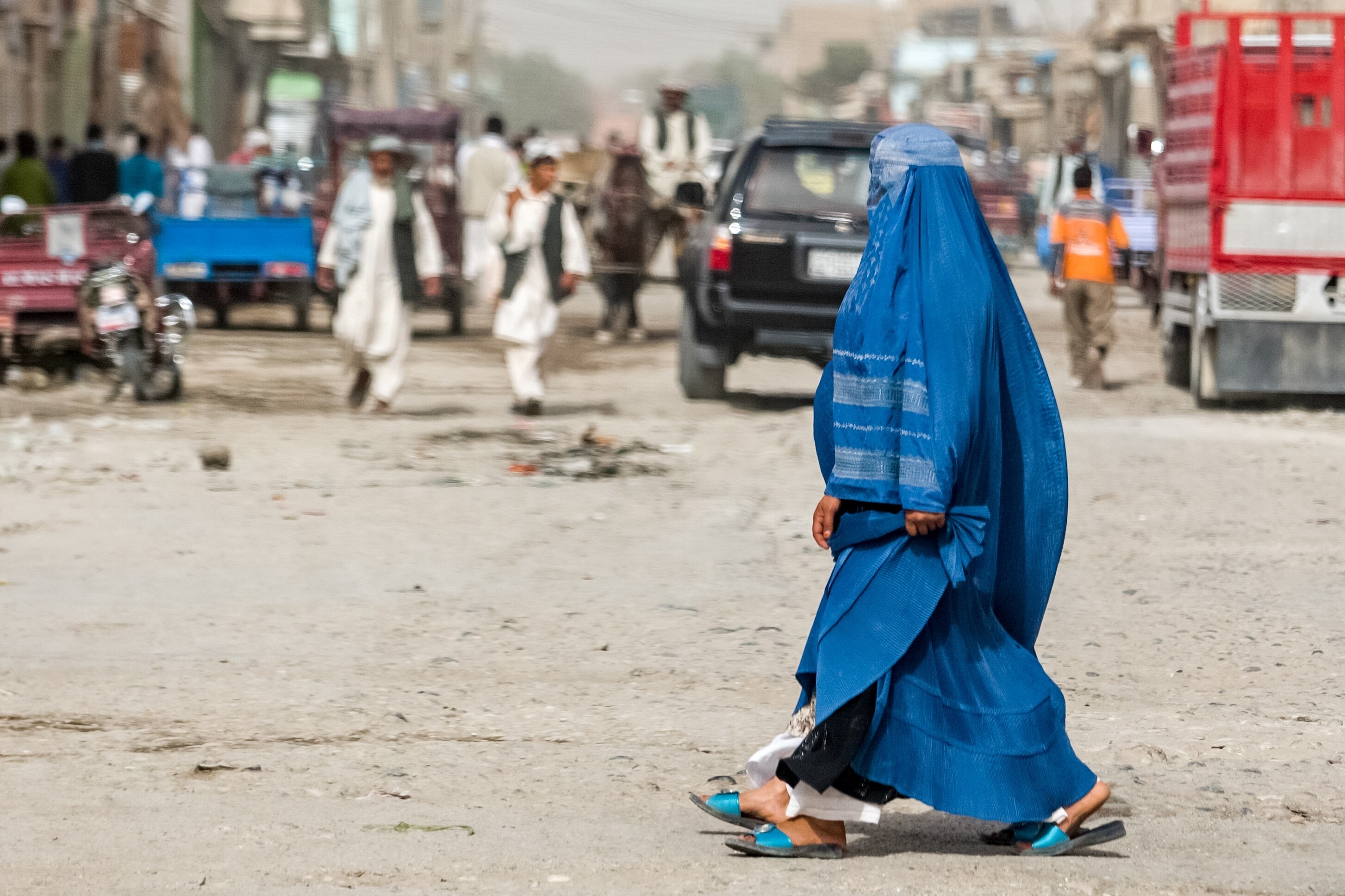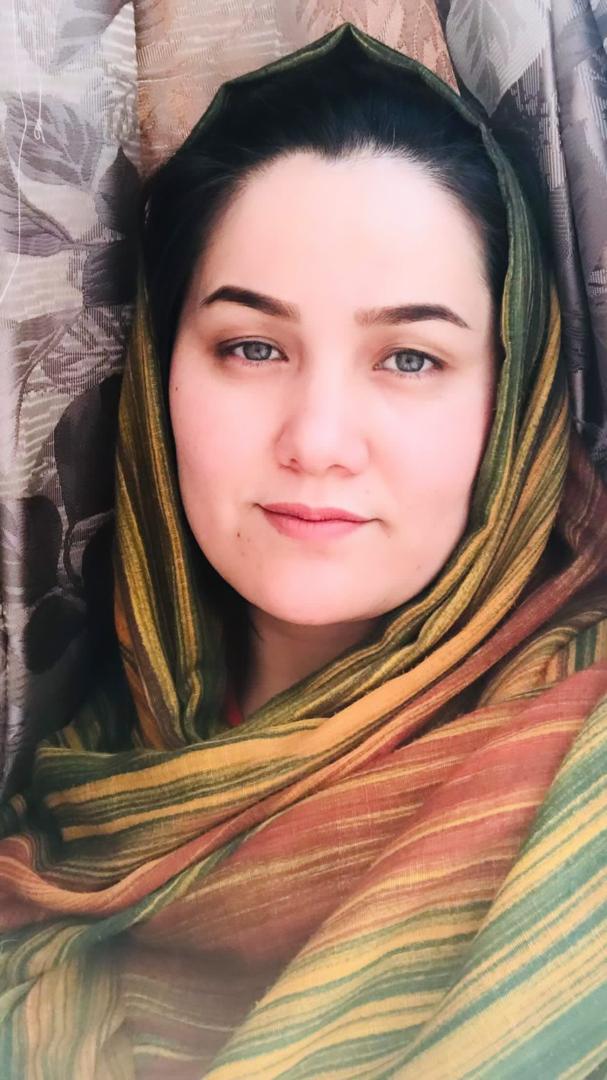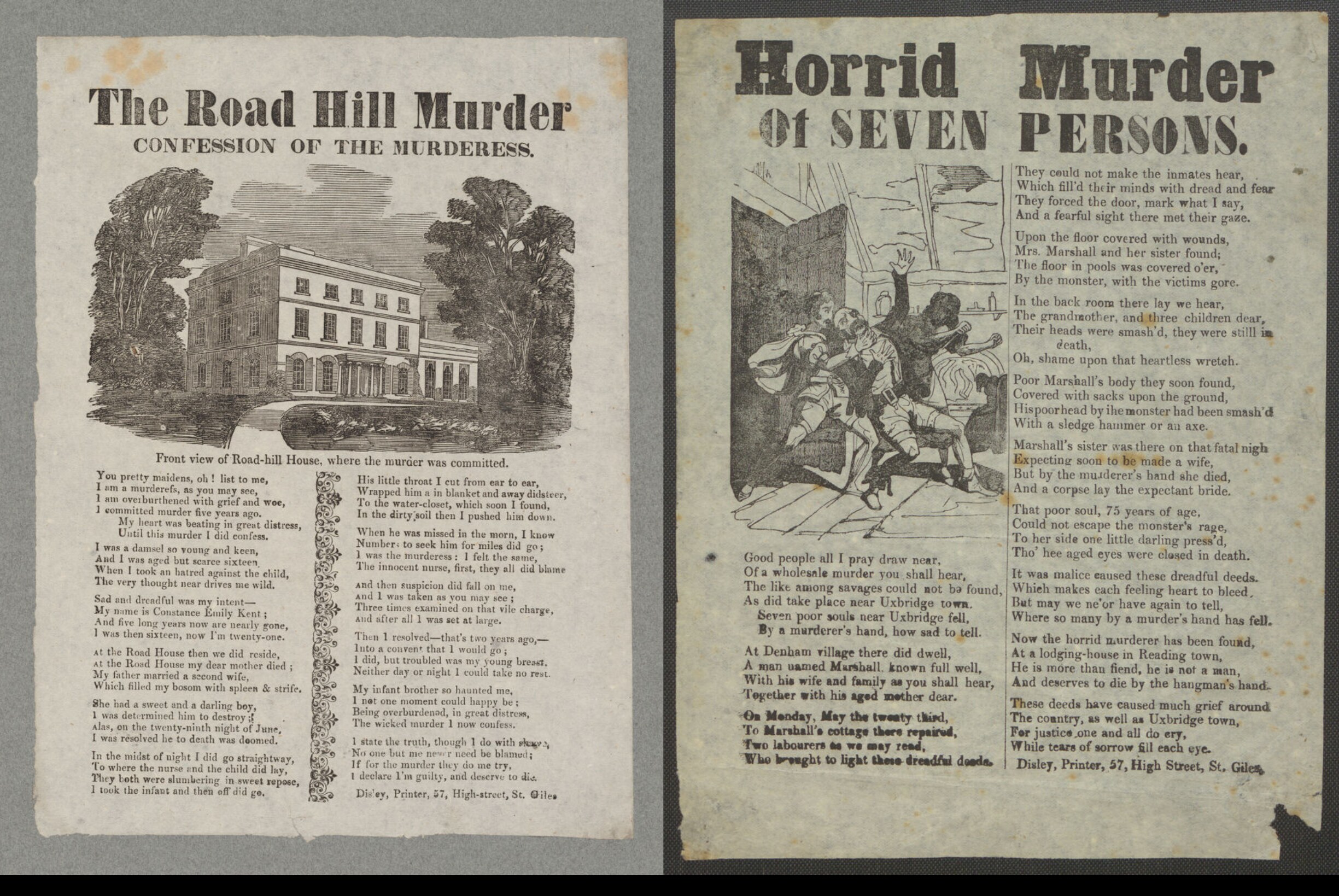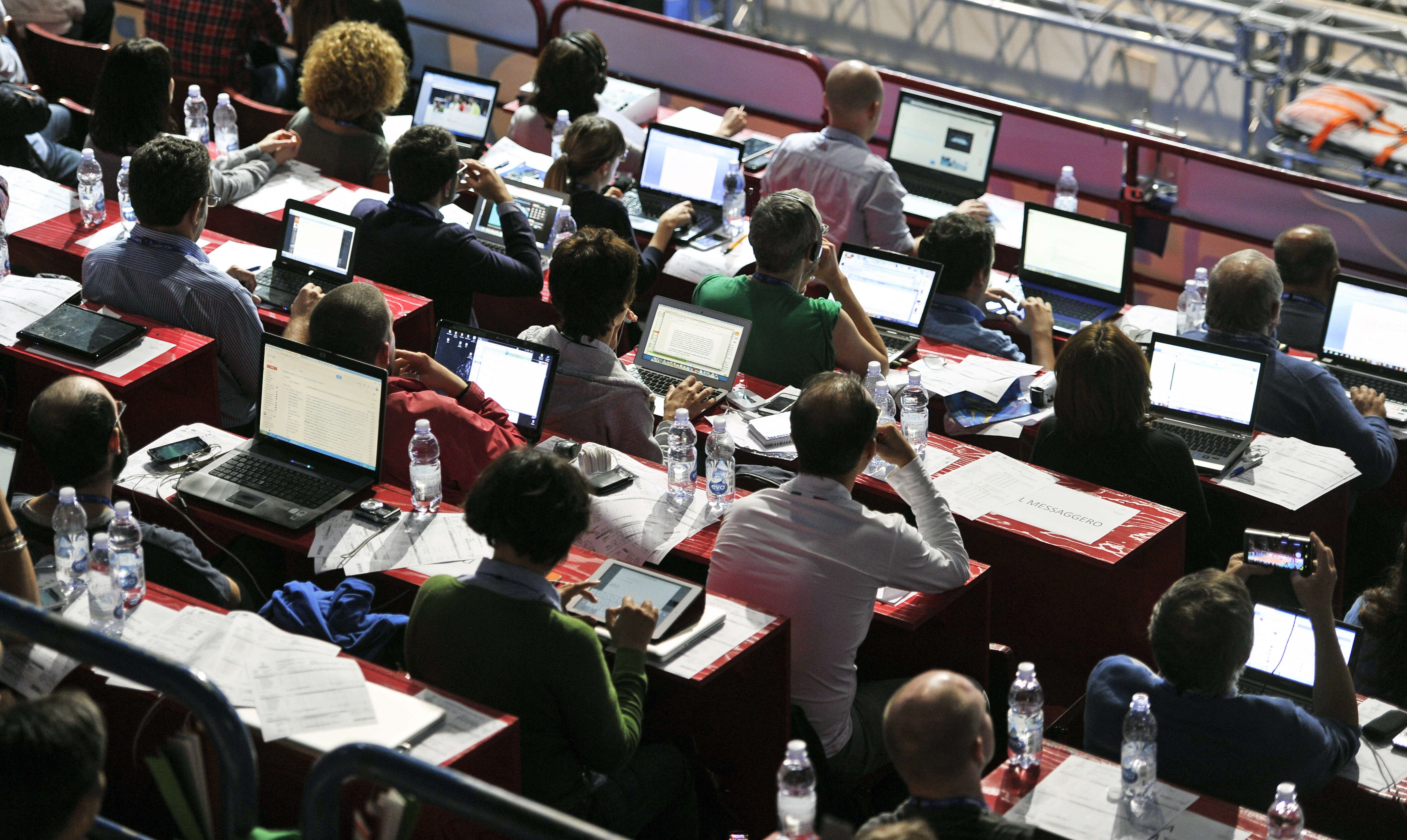تدور أحداث كتاب "438 يوما" حول رحلة الصحفيين مارتن شيبي (مصور) ويوهان بيرسون (صحفي تحقيقات استقصائية)، وسعيهما للكشف عن كيفية تأثير تنقيب الشركات الكبرى عن النفط على السكان المحليين في إقليم أوغادين شرق إثيوبيا. في قلب هذه "المغامرة" الصحفية، كانت شركة ليدن أويل (Lundin Oil) السويدية، حيث جلس وزير الخارجية آنذاك كارل بيلت في مجلس الإدارة.
يروي مارتن شيبيا ويوهان بيرسون القصة بأكملها بأنفسهما.
كانا يعرفان أن المهمة خطيرة، ووعد الصحفي مارتن شيبي زوجته لينيا بالانسحاب من المشروع إذا دفعه شعوره الغريزي للقيام بذلك. وعلى الرغم من ذلك، اجتاز هو والمصور يوهان بيرسون "نقطة اللاعودة"؛ الحدود بين الصومال وإثيوبيا، للتحدث مع السكان في المنطقة المغلقة حيث تريد شركات النفط متعددة الجنسيات العمل دون محاسبة، في ظل دعم نظام البلاد لهذه الرغبة.
باختصار، أراد مارتن شيبي ويوهان بيرسون ممارسة الصحافة الاستقصائية في منطقة كان الصحفيون قد مُنعوا في السابق من الوصول إليها. لذلك؛ دخلا المنطقة بشكل غير قانوني بمساعدة من الجبهة الوطنية لتحرير أوغادين التي هربتهما عبر الحدود من الصومال، والحال أن السلطات الإثيوبية صنفت هؤلاء المتمردين على أنهم "إرهابيون".
لم يؤمن الصحفيان بالالتزام بالطرق القانونية والرسمية، الأمر الذي يعني التقدم بطلب للحصول على تأشيرة، ومطالبة الحكومة الإثيوبية بالحصول على الإذن للقيام بإنجاز التقارير الصحفية. "من غير المجدي طلب تأشيرة من نظام ما، لنتمكن من وصف إساءة استخدام النظام نفسه للسلطة ضد المدنيين".
وضع الصحفيان مارتن شيبي ويوهان بيرسون كل شيء على المحك أثناء عبورهما الحدود بين الصومال وإثيوبيا. بعد خمسة أيام من التنقل خفية، تم إطلاق النار عليهما في الصحراء وأُسِرا هناك من قبل الجيش الإثيوبي، بعيدا عن السفارة السويدية والرعاية الطبية. لم يعرفا ما إذا كانا سيعيشان أو يموتان؛ لقد تعرض مارتن شيبي للإعدام الوهمي، وانتزعت منهما اعترافات تحت التعذيب بأنهما "إرهابيان" دخلا البلاد بشكل غير قانوني وبمساعدة الجبهة الوطنية لتحرير أوغادين. بعد محاكمة هزلية، حُكم عليهما بالسجن 11 عاما في سجن كاليتي سيئ السمعة. أصبحت الحياة اليومية صراعا من أجل البقاء.
أجبر الصحفيان على الاعتماد على سفارة السويد، التي كانت تحت إدارة كارل بيلت، والذي جلس على كرسيين (وزارة الخارجية ومجلس إدارة شركة النفط). تصرفات بيلت، من بين قضايا أخرى، كانت محور مغامرة الصحفيين للاستقصاء حولها.
قصة مخيفة في سجن "شيراتون"
في السجن، قابل الصحفيان أطفال الشوارع، ومهربي المخدرات الذين تحركهم الرياح من أجزاء مختلفة من إفريقيا، وأحيانا من أوروبا أيضا. التقيا بالعديد من سجناء الرأي والعديد من السياسيين والصحفيين المعارضين الذين سجنوا لانتقادهم النخبة الحاكمة.
ينظر بيرسون وشيبي إلى النظام العالمي من قبو هذا الجحيم. في سجن كاليتي سيئ السمعة، يرقد السجناء مكتظين بإحكام على الأرضية الحجرية؛ في حظائر من الصفيح، عليهم أن يخطوا فوق بعضهم البعض للوصول إلى المرحاض ليتمكنوا من إفراغ أمعائهم "الملتهبة". يُسمح لهم برؤية الضوء والتنفس بحرية لبضع دقائق في اليوم.
كانا يراقبان آليات القهر في السجون، ثم يتأملان البؤس الجسدي؛ من الإسهال والحمى والذهان إلى الموت بلا حول ولا قوة. البطانيات تفوح منها رائحة القيء، والتلفزيون ينشر رسالة الديكتاتور.
يروي الصحفيان في نفس الكتاب: "علمنا أن الزنازين التي حُبِسنا فيها كانت تسمى شيراتون؛ لأنه على الرغم من أنها كانت سيئة مع الأرضيات الخشبية الباردة والسجناء الذين يسعلون الدم، إلا أنه كان هناك مكان أسوأ؛ مكان يُحفظ فيه السجناء في ظلام دامس، معلقين رأسا على عقب، مع أوزان مرتبطة بأعضائهم التناسلية، يتعرضون للضرب حتى يعترفوا بجرائمهم الملفقة".
الكتاب غني بالتفاصيل الدقيقة عن الاعتقال، والحياة في السجن، والنضال الذي لا يطاق أحيانا في المحكمة، تلك التفاصيل التي تتحدث عن الأوساخ، ورائحة القرف، والقمل، والمكائد، وبراعة إدارة السجن السادية بوضوح، ومصير النزلاء الآخرين. باختصار: سجناء يحرسون سجناء آخرين. ولتربية الأمل أنشآ مكتبة، ثم يحكيان عن كيفية مساومة حراس السجن، والرشاوى، للسماح لهما بإدخال الطعام السويدي "اللذيذ"(وفقا لجوهان بيرسون).
يدور الكتاب حول 438 يوما من الصداقة بين شخصيتين مختلفتين تماما: مارتن شيبي حاد لكنه رومانسي وعاطفي في نفس الوقت. وعلى العكس من ذلك فإن بيرسون هو الرجل الذي يغضب باستمرار وينفجر.
"ليس بعيدا، يعقد قادة العالم مؤتمرا في قاعة المؤتمرات الفاخرة في أديس أبابا. هيلاري كلينتون تشيد بالرئيس الإثيوبي"، بينما الصحفيان السويديان يمارسان تمارين الضغط ويلعبان الشطرنج ويبنيان أنموذجا للسفينة الملكية فاسا، ويزرعان خضروات ويبنيان مكتبة، ويحلمان بحفلات منتصف الصيف وأمسيات البيرة في جنوب ستوكهولم.
وسط هذا التناقض يكتب مارتن إلى لينا التي تعمل في الجمعية الاستهلاكية في السويد رسائل الحب وأحلامه للمستقبل. في مشهد قوي، يصف مارتن كيف يخفي ويحمي رسائله في عش الفئران.
يتناوب شيبي وبيرسون على حكي متصل للقصة، والحقيقة أن صوتيهما يبدوان متشابهين جدا، وأن بيرسون يكتب في مكان ما أنه يعاني من عسر القراءة ولا يستطيع الكتابة، تجعلني أعتقد أن شيببي كان يجلس عادةً على لوحة المفاتيح. فنحن نقترب ونرى أيضًا كيف يواجهان أحيانا بعضهما البعض، وكيف يمكنهما إدراك المواقف بطرق مختلفة.
كسجناء، كانا يدونان باستمرار ملاحظات ويكتبان ما حدث، وقد أُجبرا على إخفاء الملاحظات، بمساعدة الأقارب وموظفي السفارة.
أفرج عن الصحفيين في العام 2012 بعد اعترافات قسرية مُسجلة، استُخدِمَت في الدعاية السياسية للحكومة الإثيوبية التي ادعت أنهما "إرهابيان" يشكلان خطرا على الأمن القومي.
يظهر يوهان ومارتن مدى أهمية الصحافة. يصفان في قصتهما كيف يعيش الناس في القرن الأفريقي، وكيف يواجهون ظروفا مختلفة عن السويد.
يمكن قراءة كتاب بيرسون وشيبي على أنه وصف لظروف الصحافة الأجنبية ومخاطرها، حول التحضير والتخطيط الدقيق: يجب أن تكون الأحذية عملية، وبطاقات الذاكرة فارغة، زجاجات المياه الصالح للشرب، ومن ثم يجب تحديد جهات الاتصال، والمصادر الموثوقة، ورسم خارطة الطريق، وطريق الهروب.
يجب، أيضا، قياس حسابات المخاطر مقابل أهمية المهمة. أراد المؤلفان رسم خريطة استغلال شركات النفط، في واحدة من أخطر مناطق النزاع في العالم؛ في المنطقة الحدودية بين الصومال وإثيوبيا؛ في أوغادين. إنها مهمة كبيرة، تتعلق بكل من سياسات القوة والاستعمار الجديد وحريات الإنسان وحقوقه. كان لحساب المخاطر هوامش واسعة للغاية، ببساطة لم تصمد.
يجب ألا ننسى، كما يكتب المؤلفان، زملاءهم السجناء في كاليتي، ولا ندع الذكرى تمحو حكم الرزعيم ميليس زيناوي ولا ندع رؤساء شركة النفط لوندين وأداتهم كارل بيلدت، وزير الخارجية السويدي السابق، يهربون من الذنب لتدمير الأرض والحياة، التي كانت في يوم من الأيام ملكا لشعب أوغادين.
يصور بيرسون وشيبي، بطريقة رائعة للغاية، كذلك، البعد الوجودي العميق للبقاء: كيف تتحمل الانحدار إلى الجحيم؟ كيف يمكن للتضامن البشري أن يصمد أمام الظلم والمرض والآمال المحطمة؟ كيف يمكن للمرء، في مواجهة التهديدات بالسجن 11 عاما والموت المؤكد، أن يظل إنسانا؟
أبحث عن ملخص للرسالة المركزية في كتاب يوهان بيرسون ومارتن شيبي الفريد، وأجده عند الكاتب ميلان كونديرا الذي كتب: " إن صراع الإنسان ضد السلطة هو صراع الذاكرة ضد النسيان".
ما زال يتبرع بيرسون وشيبي بعشر كرونات، عن كتاب يتم بيعه لجمعية مؤسسة كاليتي غير الربحية، والتي تقدم الدعم المالي للصحفيين والمصورين في جميع أنحاء العالم الذين يُسجنَون أو يُضطهدون أو يُجبرون على النفي أو المعاناة نتيجة لممارساتهم المهنية.













































